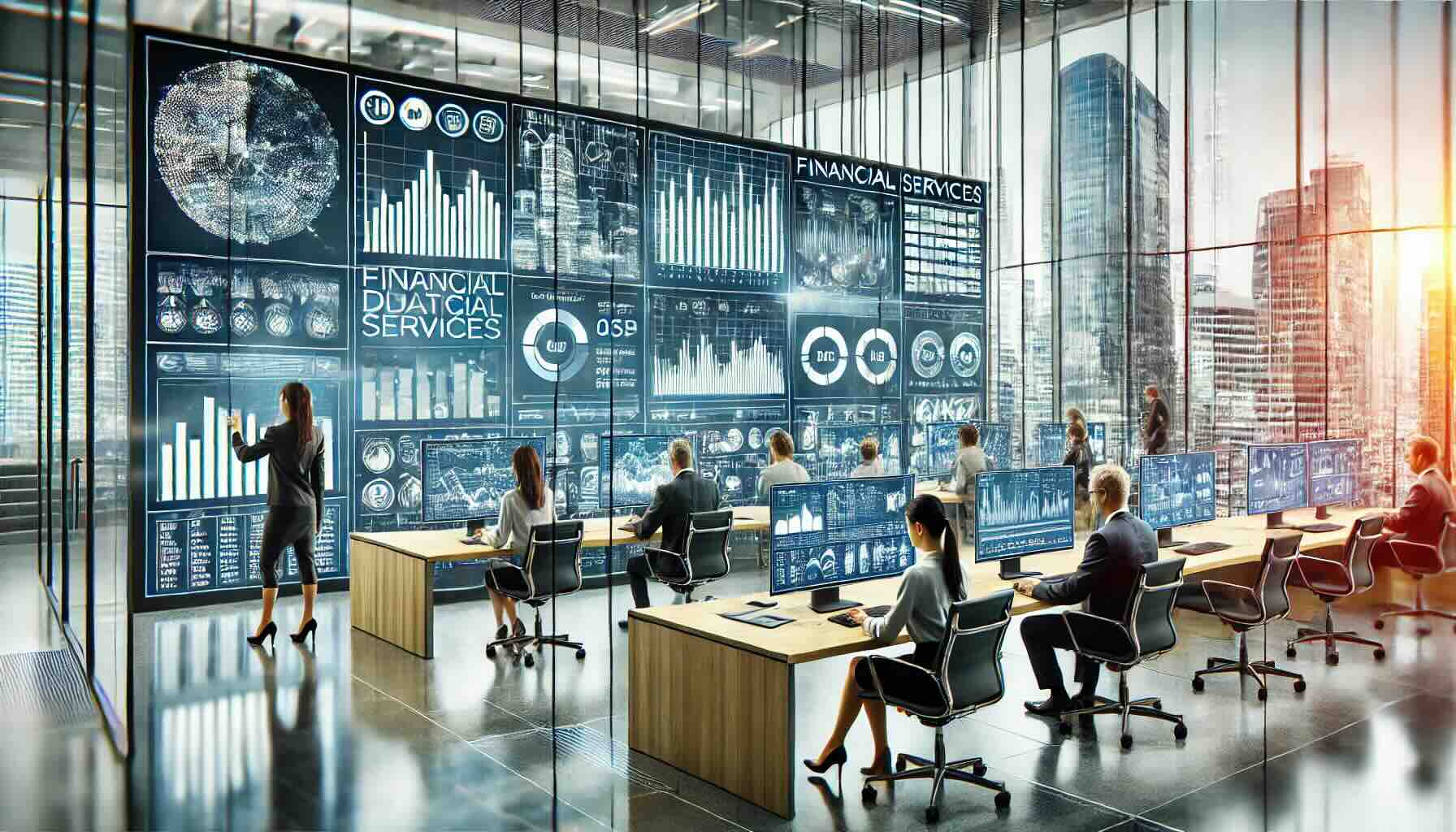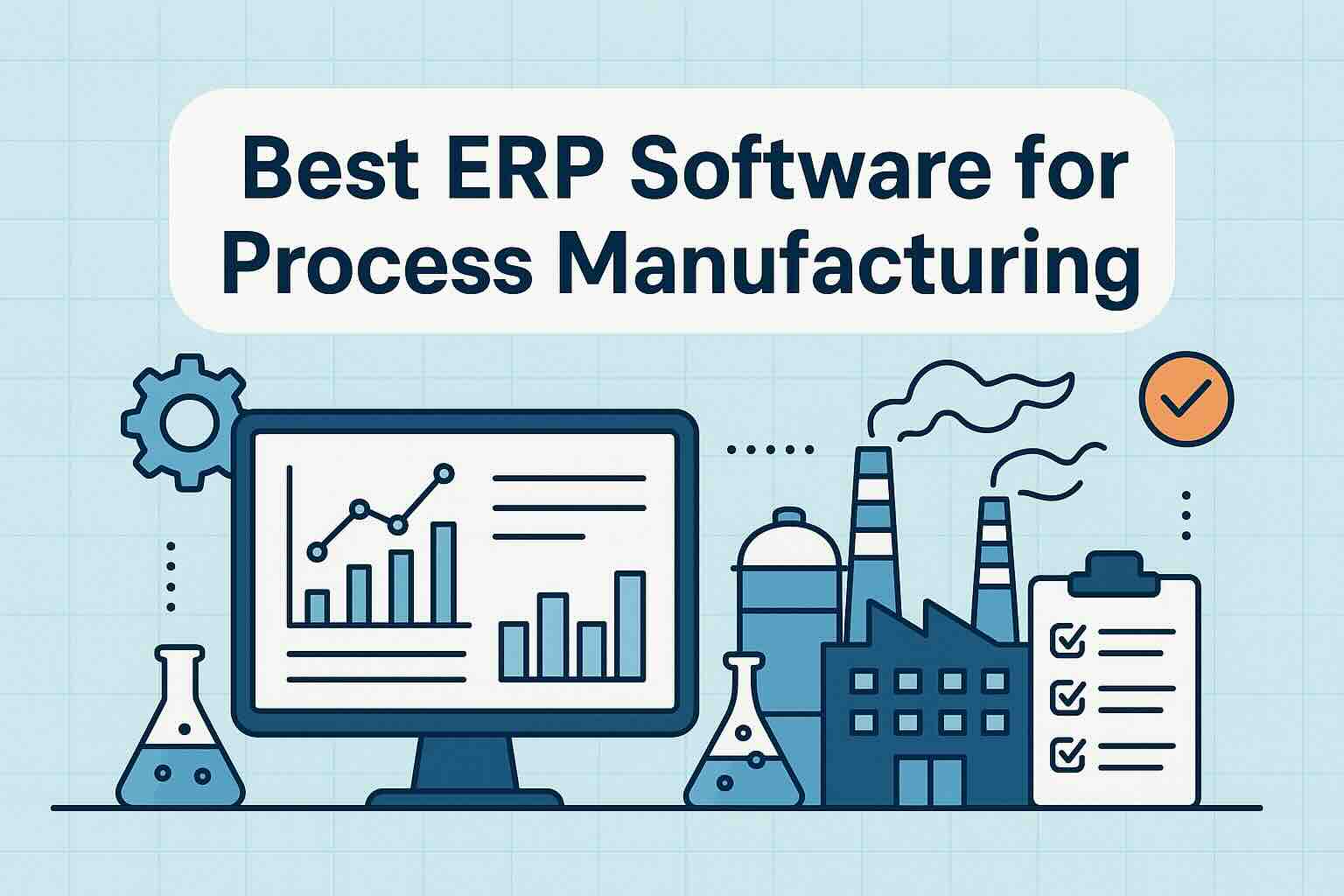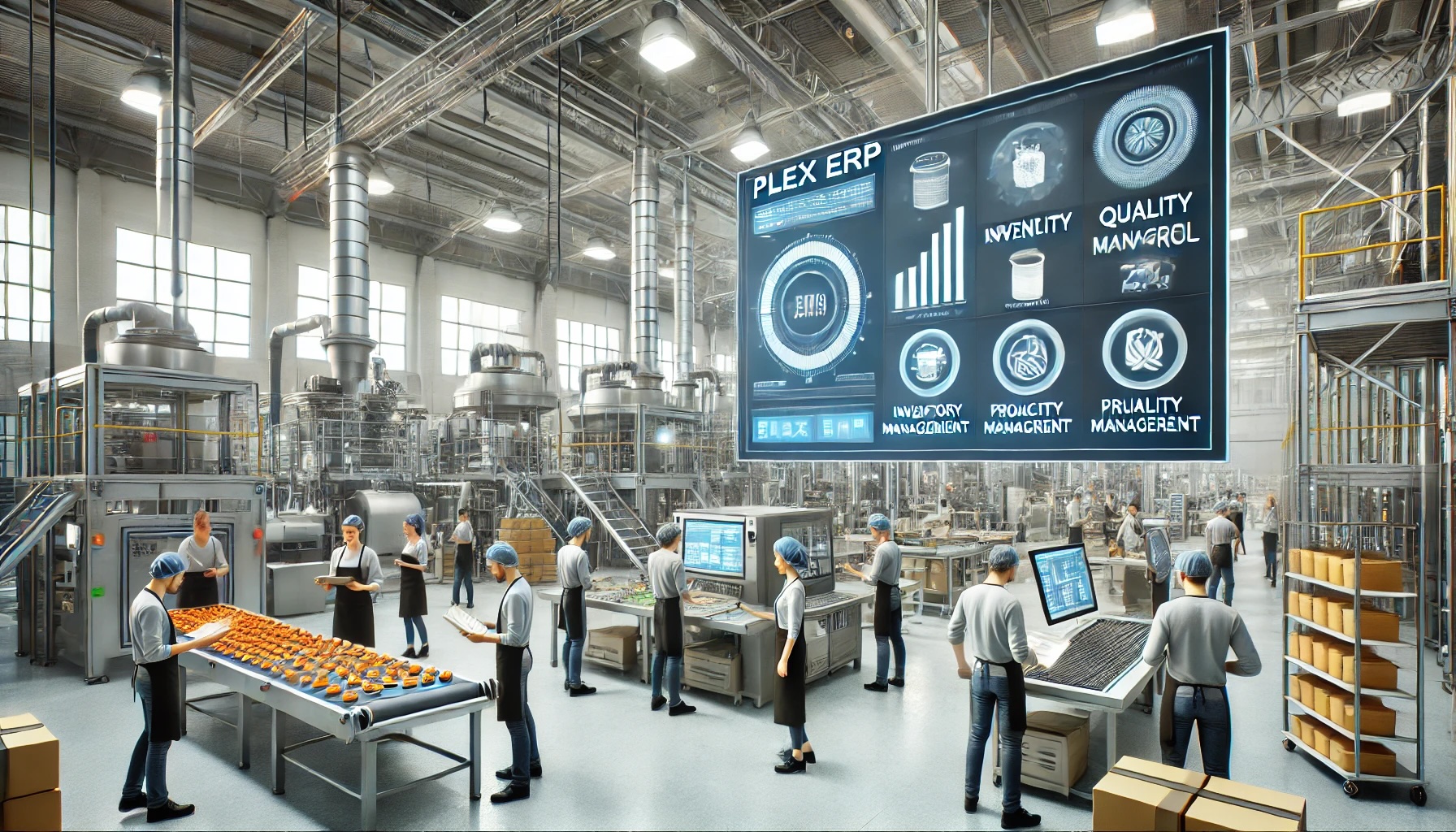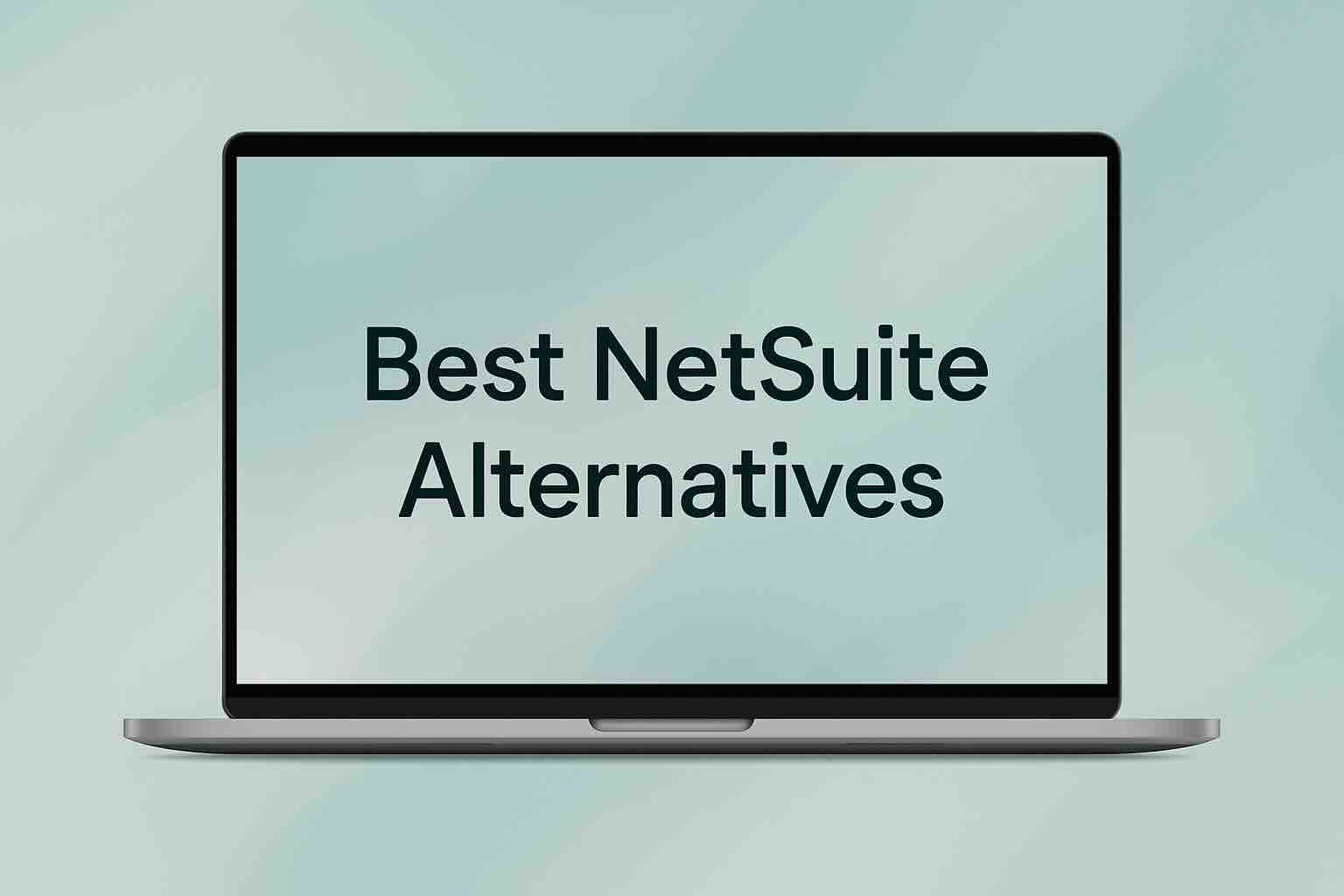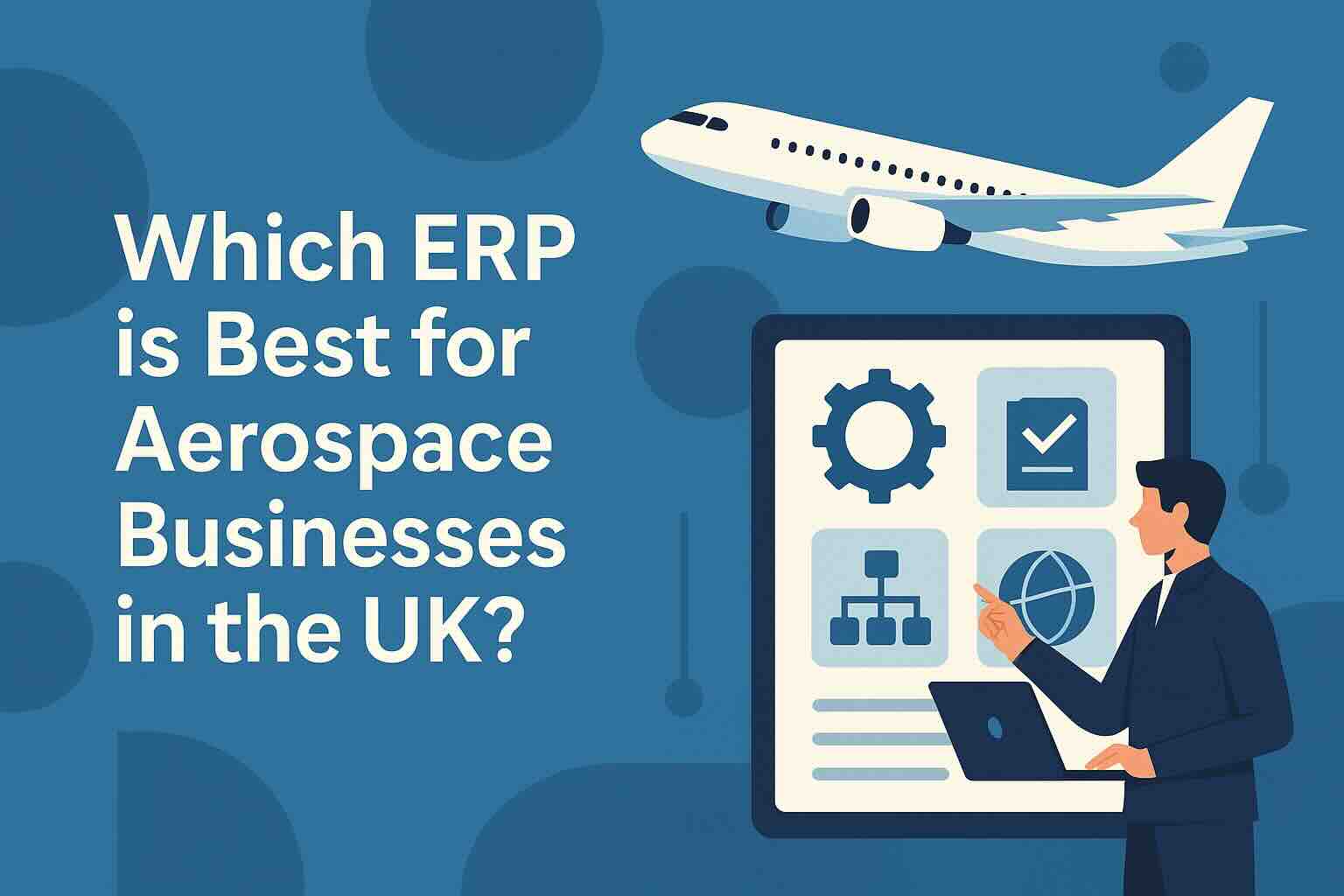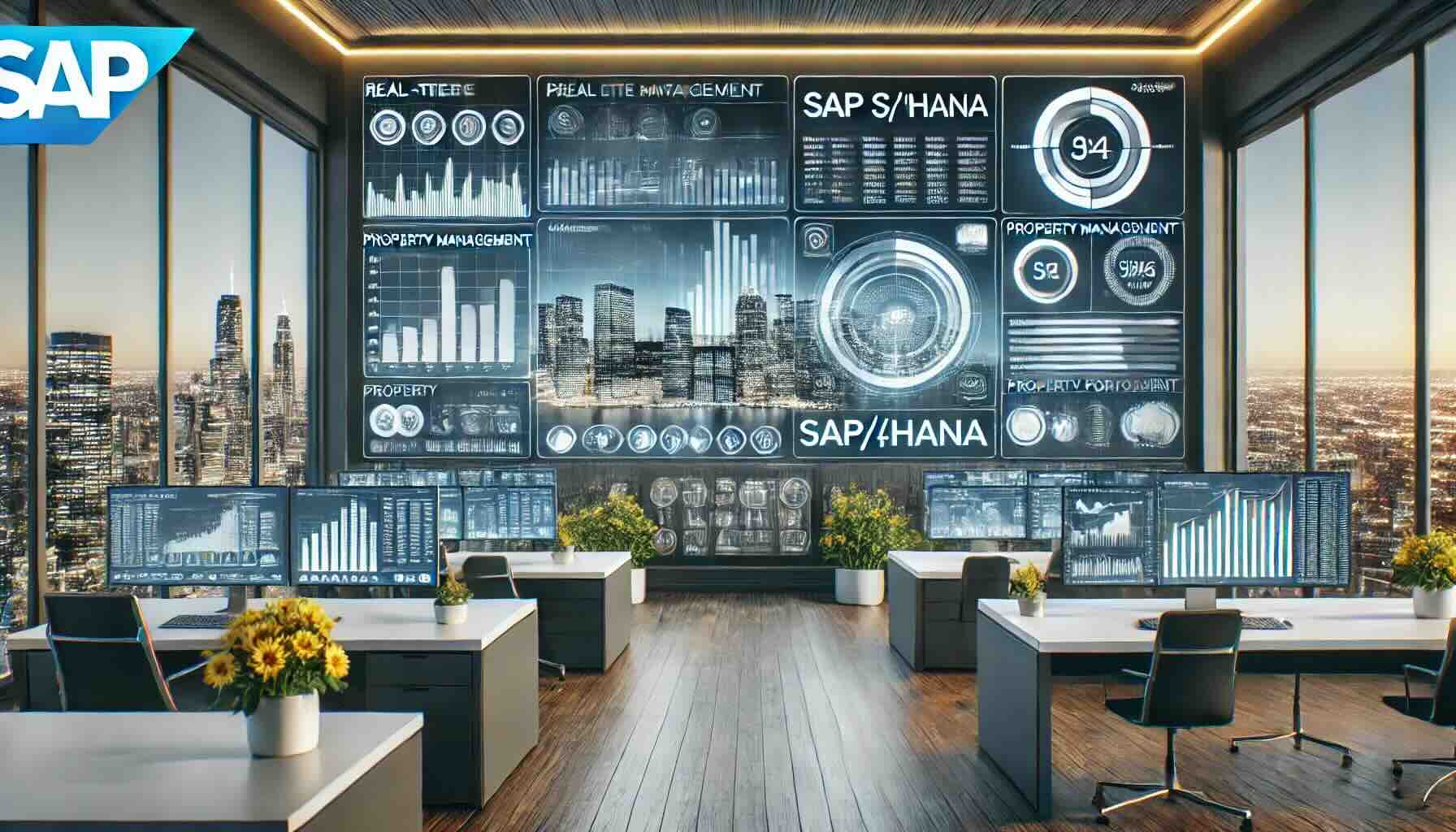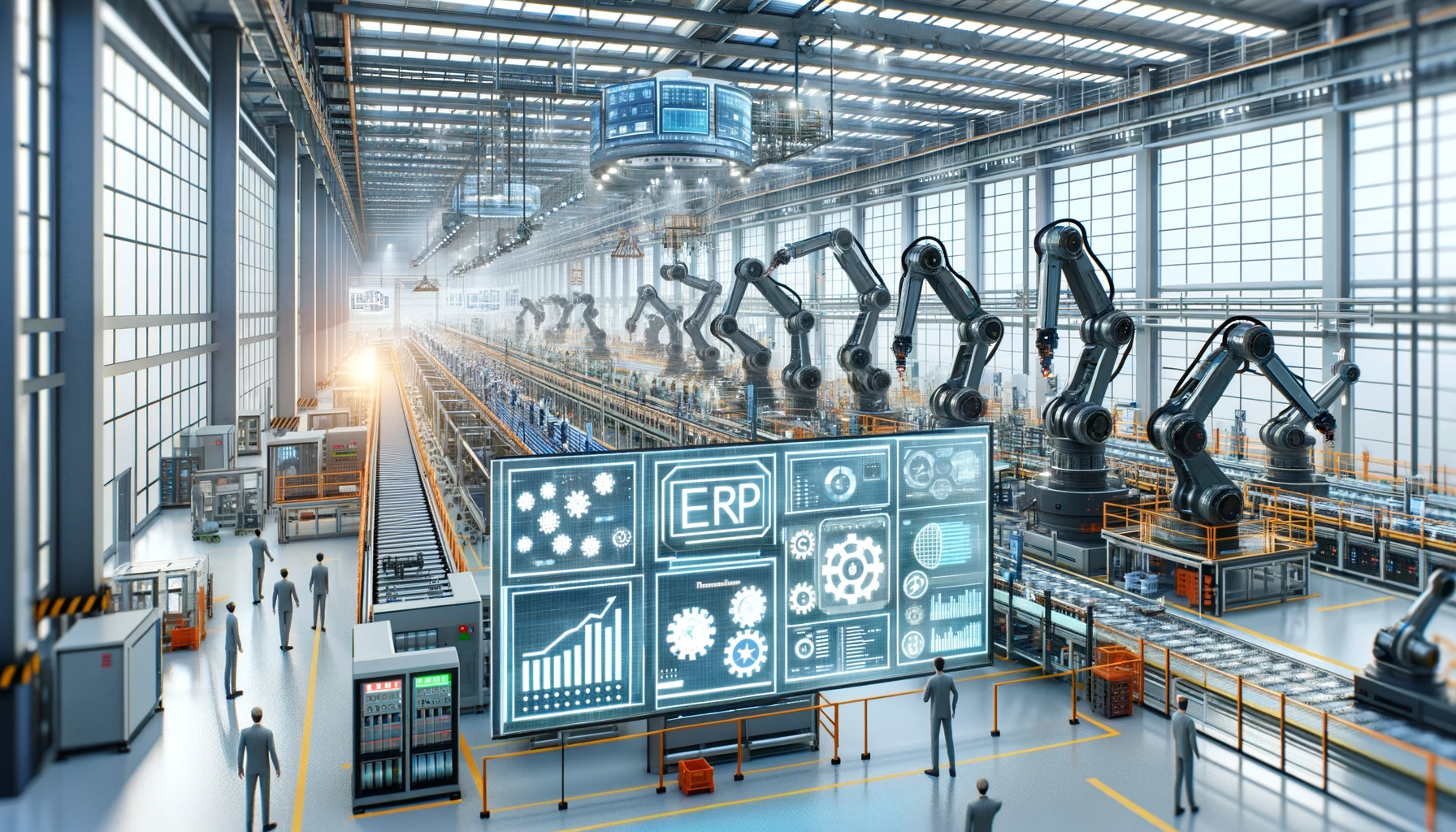ERP vs SAP: Understanding the Key Differences
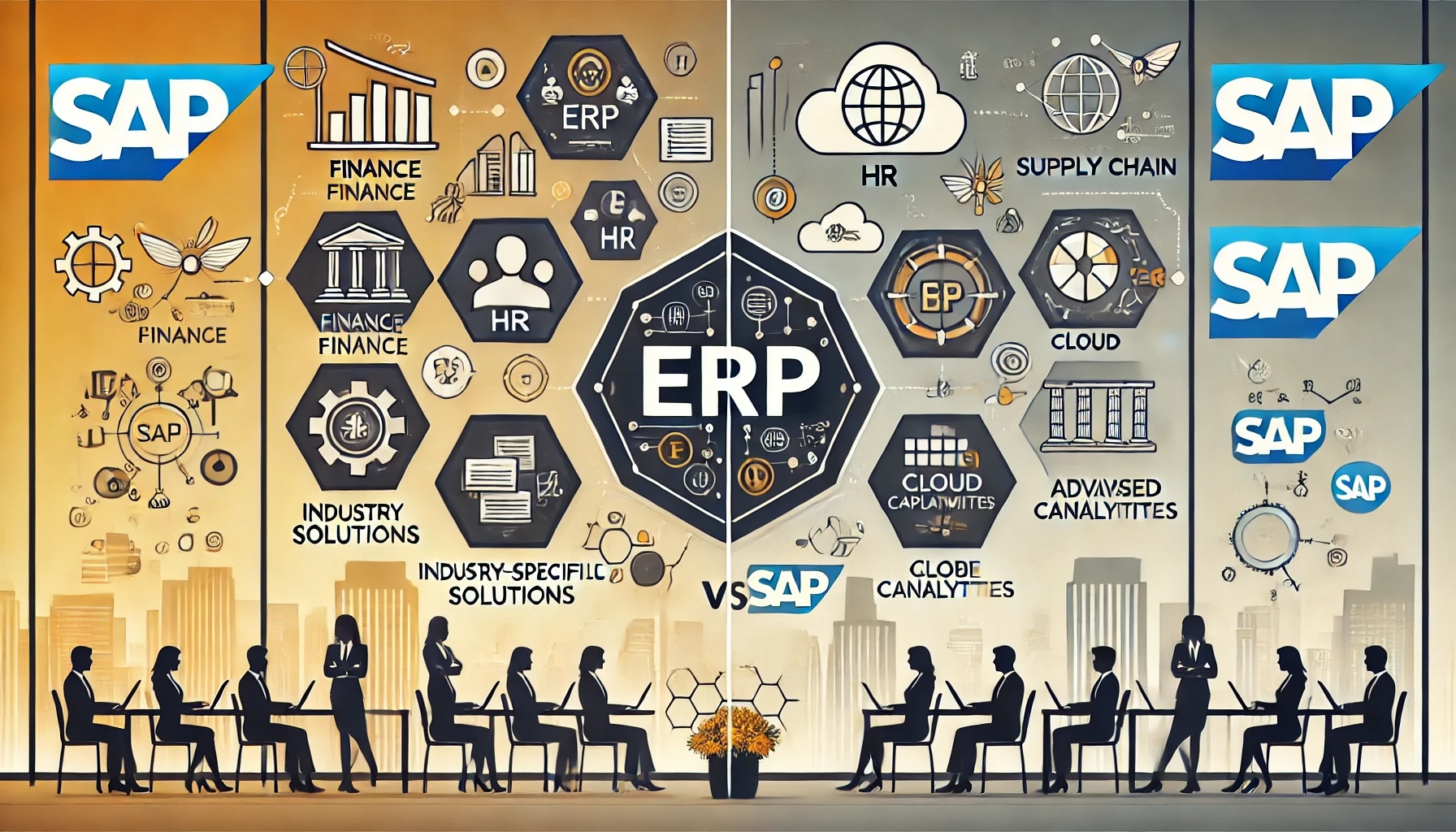
In the ever-evolving world of business management, the terms “ERP” and “SAP” are often used interchangeably. However, understanding the distinction between these two can be crucial for organizations looking to streamline their operations. This blog aims to clarify the differences between ERP and SAP, helping you make informed decisions for your business needs.
What is ERP?
ERP, or Enterprise Resource Planning, is a comprehensive software solution designed to manage and integrate the core processes of an organization. These processes include finance, human resources, supply chain, manufacturing, services, procurement, and more. The primary goal of an ERP system is to provide a unified view of business operations by consolidating data across various departments, enabling efficient decision-making and process automation.
Key Features of ERP Systems:
- Integrated Modules: ERP systems consist of integrated modules that cover different business functions, allowing seamless data flow between departments.
- Centralized Data: By centralizing data, ERP systems eliminate data silos, ensuring that all departments have access to real-time information.
- Process Automation: ERP automates repetitive tasks, reducing manual intervention and minimizing errors.
- Scalability: ERP systems are scalable and can grow with the business, accommodating increasing data and user requirements.
- Compliance and Reporting: ERP systems help organizations maintain regulatory compliance and generate comprehensive reports.
What is SAP?
SAP, short for Systems, Applications, and Products in Data Processing, is one of the world’s leading producers of software for the management of business processes. SAP offers a wide range of ERP solutions tailored to various industries and business sizes. While SAP is an ERP software provider, it is also renowned for its specialized applications that extend beyond traditional ERP functionalities.
Key Features of SAP:
- Comprehensive Suite: SAP provides a comprehensive suite of applications, including ERP, CRM, SCM, SRM, and more.
- Industry-Specific Solutions: SAP offers industry-specific solutions tailored to the unique needs of sectors such as manufacturing, retail, healthcare, and finance.
- Advanced Analytics: SAP integrates advanced analytics and business intelligence tools, enabling data-driven decision-making.
- Cloud Capabilities: With SAP S/4HANA, SAP offers cloud-based ERP solutions, providing flexibility and scalability.
- Global Reach: SAP has a global presence, making it suitable for multinational companies requiring localized solutions.
ERP Vs SAP: Key Differences
Scope and Provider:
- ERP: Refers to a category of business management software that integrates various functions into one complete system. Multiple vendors offer ERP solutions, including Oracle, Microsoft Dynamics, and Infor.
- SAP: A specific ERP software provider known for its robust and comprehensive suite of applications.
Flexibility and Customization:
- ERP: Varies depending on the vendor. Some ERP systems offer extensive customization options, while others are more rigid.
- SAP: Offers a high degree of customization and flexibility, especially with its SAP S/4HANA platform, which can be tailored to specific business needs.
Implementation and Cost:
- ERP: Implementation time and cost can vary widely depending on the vendor and complexity of the system. Some ERP solutions are more cost-effective and quicker to deploy.
- SAP: Known for its comprehensive and robust solutions, SAP implementation can be more time-consuming and costly. However, it often provides a higher return on investment due to its extensive capabilities.
Suitability for Business Size:
- ERP: Suitable for businesses of all sizes, from small and medium-sized enterprises (SMEs) to large corporations. Different vendors cater to different market segments.
- SAP: Primarily targets medium to large enterprises with complex business processes and global operations. However, SAP also offers solutions for SMEs, such as SAP Business One.
Conclusion
Understanding the differences between ERP and SAP is essential for businesses looking to optimize their operations. While ERP is a broad category of software solutions designed to integrate various business functions, SAP is a leading provider of these solutions, known for its extensive capabilities and industry-specific applications.
When considering “ERP vs SAP,” it’s important to assess your organization’s specific needs, budget, and long-term goals. Whether you choose a general ERP solution or opt for SAP’s comprehensive suite, the right software can significantly enhance your business efficiency and growth.
To compare SAP with 100s of other ERP solutions, you can use our new AI-powered Compare ERP tool. It’s free to use and you get a guaranteed discount on your first year’s licence fees with a referral from Compare ERP.
